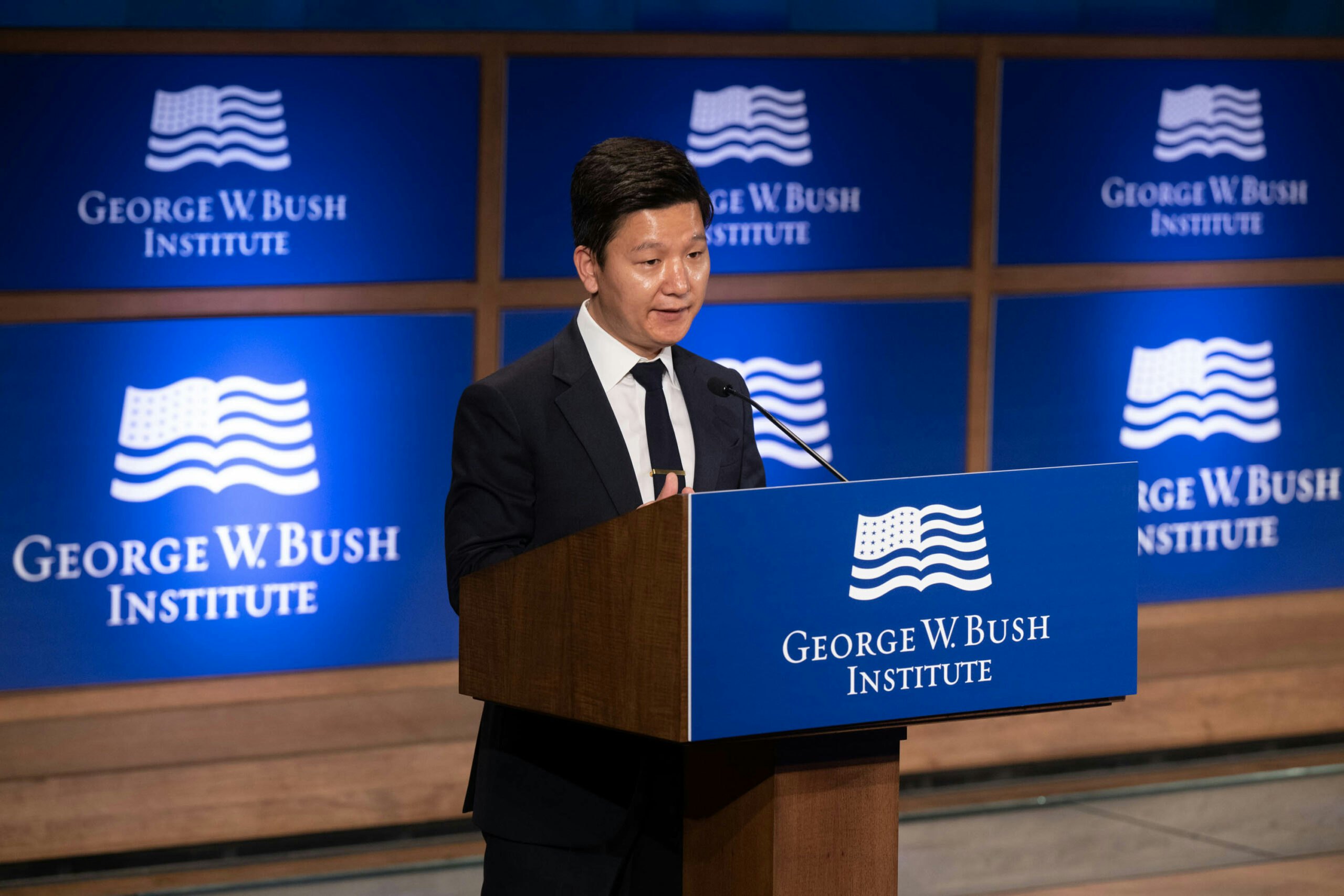Mexico made history by electing Claudia Sheinbaum as the country’s first female presidenta on June 2. After consistently polling more than a 10-point lead over her principal competitor Xóchitl Gálvez, her win was not surprising, but the scale of it was. Earning approximately 59% of the vote, Sheinbaum received more than twice the share of votes for Gálvez and nearly six times as many as third-place candidate Jorge Máynez of the Citizens’ Movement.
Sheinbaum’s win and the wider dominance of the Morena party across Mexico’s congressional, gubernatorial, and local elections signal both a continued dissatisfaction with the country’s traditional political parties that backed Gálvez and an increased risk that checks and balances crucial to Mexico’s democracy could erode significantly in the next few years.
Why this matters
Sheinbaum won the presidential election with strong backing from outgoing President Andres Manuel López Obrador. Even though he is prohibited by Mexico’s constitution from seeking reelection, his legacy in Mexican politics will likely continue to loom large.
López Obrador generally recognized the economic benefits of trading with North American partners and helped facilitate a decrease in migrants crossing the U.S.-Mexico border by increasing migration enforcement and deportations. He pledged to address inequality and expanded pension payments and cash transfers programs. But his administration saw a significant rise in public debt and slow economic growth, a return to militarization to combat rising violence, and a failure to root out corruption that has long plagued the country. His populist governing style entailed daily hours-long polarizing press briefings in which he frequently attacked the media and those he deemed political opponents. He repeatedly sought to undermine the integrity of independent government agencies, including two attempts to purportedly “reform” Mexico’s highly revered National Electoral Institute, which triggered widespread protests.
What we’re watching
It remains to be seen how closely Sheinbaum will hew to her predecessor’s policies and plans for a “fourth transformation” of Mexico, although she pledged in her campaign victory speech to implement “phase two.”
Should the coalition of political parties that backed Sheinbaum achieve a two-thirds “supermajority” of seats in Mexico’s bicameral congress as it seemed poised to reach as of June 5, Sheinbaum would encounter few barriers to advancing a series of controversial changes to Mexico’s constitution that López Obrador had promised to pursue. These potentially include reducing the number of representatives in Congress and allowing for the direct election of Supreme Court Justices by citizens – moves that would likely further consolidate and deepen the Morena party’s representation across the national government. Other proposals would eliminate or reduce the independence of government agencies that play a role in access to information, accountability, and regulation in key economic sectors where corruption risks are high.
The landslide win by the Morena party and its coalition parties marked what may be the official decline of the Democratic Revolutionary Party (PRD), a leftist party that López Obrador previously represented as its presidential candidate until he broke away to establish the Morena party around his own agenda. Preliminary vote counts by the country’s National Electoral Institute indicated that the PRD would probably fail to achieve the 3% of the nationwide vote that is required by law for a party to maintain its registration.
Bottom line
Sheinbaum will begin leading Mexico in very different circumstances than when López Obrador’s administration began six years ago. She will have to make tough decisions to navigate economic challenges and address persistent threats from organized crime. As presidenta, she may break with some of López Obrador’s policies to carve her own path and leadership style.
These elections should also prompt Mexico’s established political parties to take a harder look at their own internal dynamics to consider how to best represent their constituencies and connect with Mexican voters.
Mexican citizens have spoken in these elections, but the practice of democracy requires an ongoing commitment to a democratic culture and to maintaining the integrity of democratic institutions. It will be up to the country’s citizens to hold their political leadership accountable for the future of Mexico’s democracy.





























